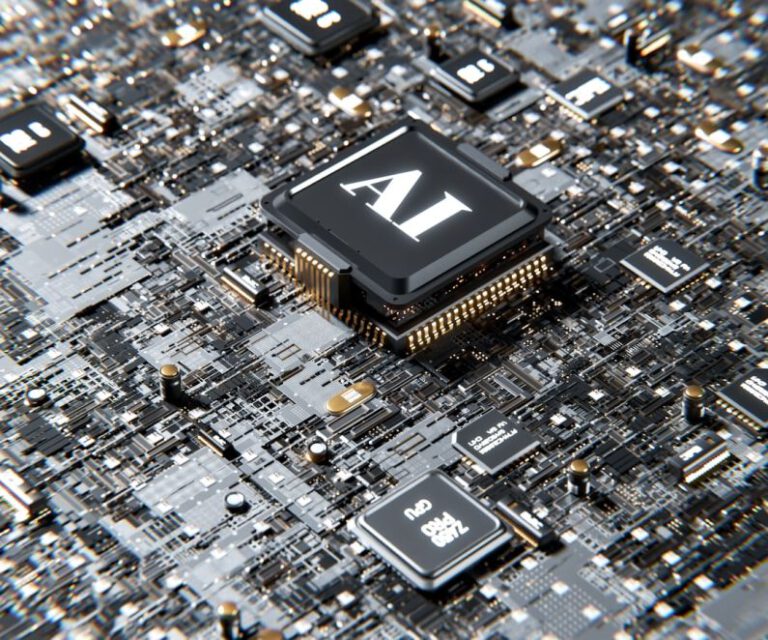Breaking down Quantum Computing: What it Is and Why it Matters
Quantum computing has been a buzzword in the tech world for quite some time now, often shrouded in mystery and complex scientific jargon. But what exactly is quantum computing, and why should we care about it? In this article, we will break down the fundamentals of quantum computing and explore its potential impact on the future of technology and innovation.
**The Basics of Quantum Computing**
Traditional computers, the ones we use every day, operate based on bits that can either be a 0 or a 1. These bits are the building blocks of classical computing and are processed using algorithms that follow strict logical rules. Quantum computing, on the other hand, harnesses the principles of quantum mechanics to create quantum bits, or qubits, which can exist in a state of 0, 1, or both simultaneously. This phenomenon, known as superposition, allows quantum computers to perform complex calculations at an exponentially faster rate than classical computers.
**Why Quantum Computing Matters**
The ability of quantum computers to process information in parallel and explore multiple solutions simultaneously gives them a significant advantage over classical computers when it comes to solving complex problems. Tasks that would take classical computers thousands of years to complete could potentially be solved by quantum computers in a matter of hours or even minutes. This speed and efficiency open up a world of possibilities in various fields, including cryptography, drug discovery, climate modeling, and artificial intelligence.
**Cryptography and Security**
One of the most significant implications of quantum computing is its impact on cryptography and cybersecurity. Current encryption methods rely on the difficulty of factoring large numbers to secure data and communications. However, quantum computers have the potential to break these encryption schemes quickly using algorithms like Shor’s algorithm. This means that sensitive information, such as financial transactions and personal data, could be at risk in a post-quantum world. As a result, researchers are actively working on developing quantum-resistant encryption methods to safeguard our digital infrastructure.
**Drug Discovery and Material Science**
Quantum computing can revolutionize the fields of drug discovery and material science by accelerating the simulation and modeling of complex molecular structures. Traditional methods for drug discovery rely on trial and error, which can be time-consuming and costly. Quantum computers can simulate the behavior of molecules with unprecedented accuracy, leading to the rapid identification of new drugs and materials. This has the potential to revolutionize healthcare and advance the development of novel treatments for various diseases.
**Artificial Intelligence and Machine Learning**
In the realm of artificial intelligence and machine learning, quantum computing offers the promise of enhancing the capabilities of algorithms and models. Quantum machine learning algorithms can process vast amounts of data and identify patterns more efficiently than classical algorithms, leading to faster and more accurate predictions. This could lead to breakthroughs in natural language processing, image recognition, and optimization problems, ultimately advancing the field of AI and revolutionizing industries.
**The Road Ahead**
While the potential of quantum computing is vast, there are still significant challenges to overcome before it becomes mainstream. Building and maintaining stable qubits, error correction, and scaling up quantum systems are just a few of the hurdles that researchers are currently facing. However, with major tech companies and research institutions investing heavily in quantum computing research, we are inching closer to realizing the full potential of this groundbreaking technology.
**In Summary**
Quantum computing represents a paradigm shift in the world of technology and innovation, offering unparalleled speed and efficiency in solving complex problems. From revolutionizing cryptography and cybersecurity to accelerating drug discovery and advancing artificial intelligence, the impact of quantum computing is poised to reshape various industries in the coming years. As we navigate the challenges and opportunities that lie ahead, one thing is clear: the age of quantum computing is upon us, and its implications are nothing short of revolutionary.






